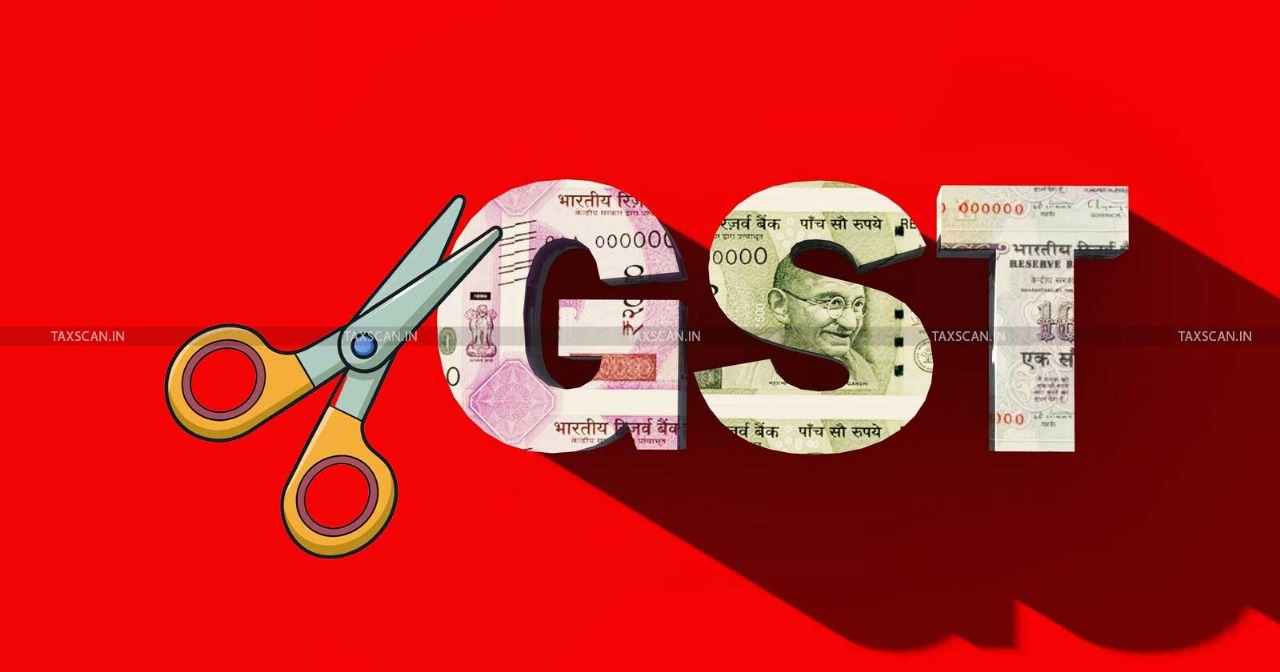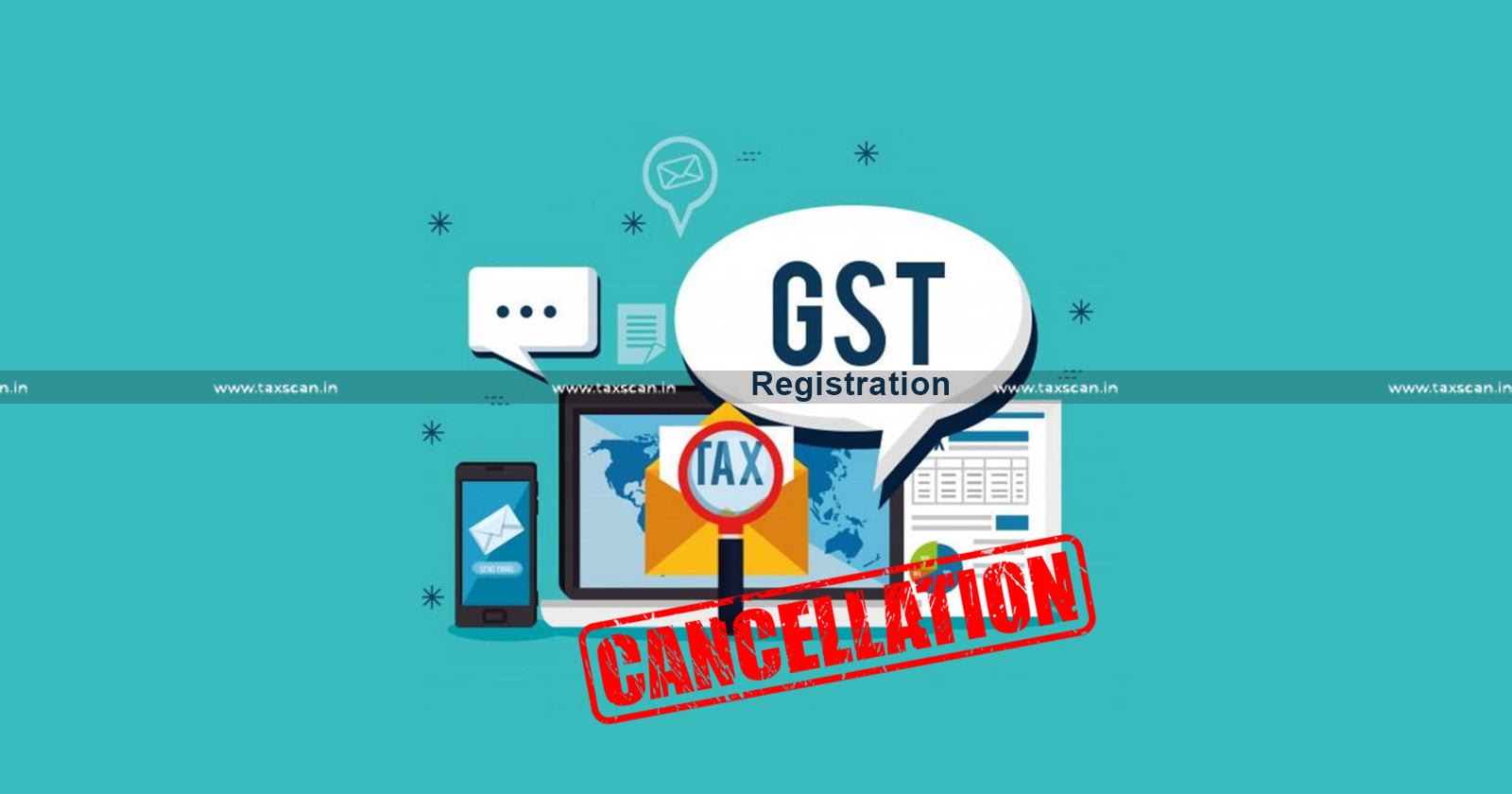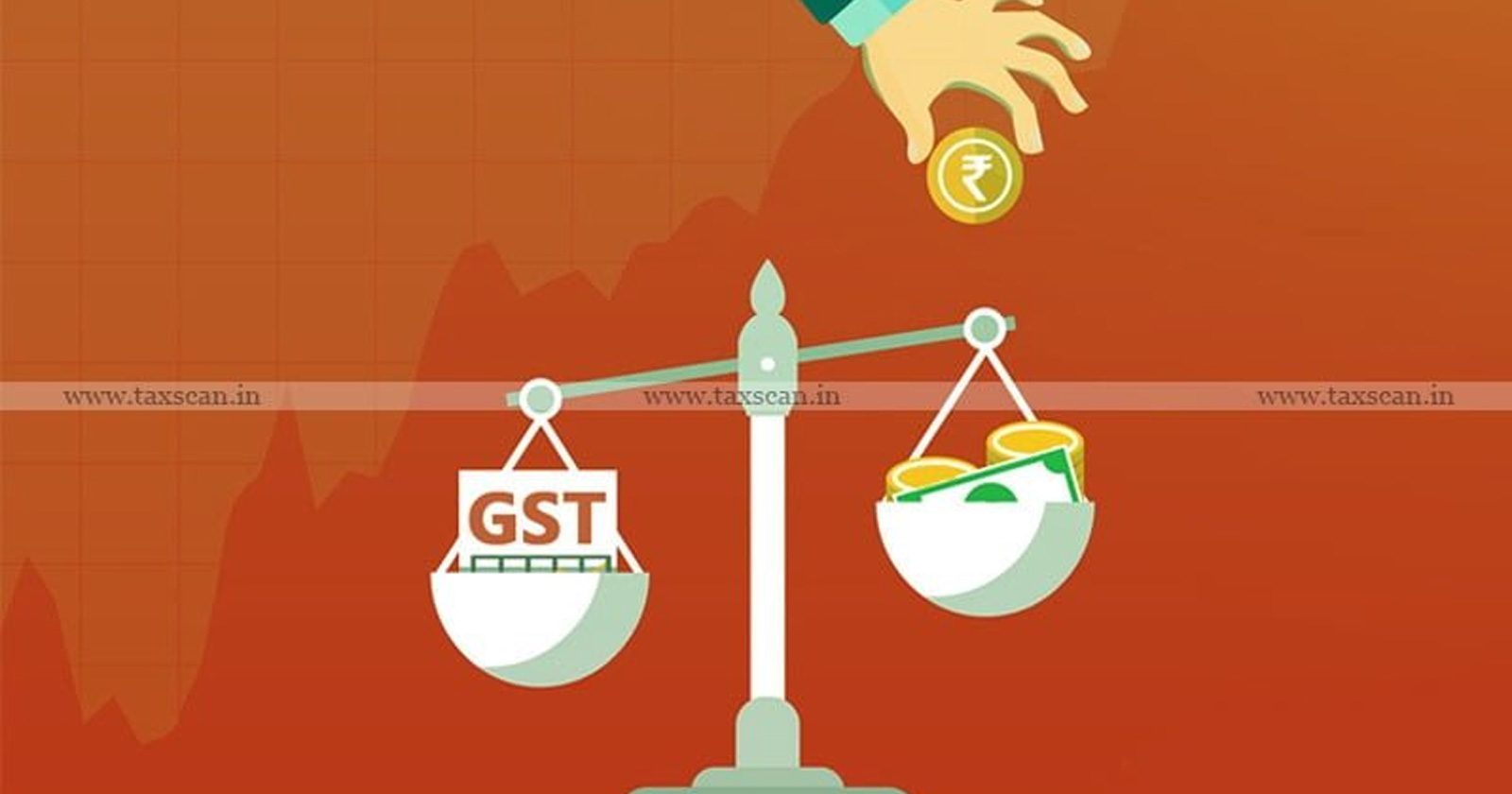GST Rate Cut Benefits Not Passed On: GSTAT Orders Subway Franchisee to Pay Profiteered ₹5.45 Lakh to Consumer Welfare Fund [Read Order]
The Tribunal noted that the price cannot increase overnight without valid justification
![GST Rate Cut Benefits Not Passed On: GSTAT Orders Subway Franchisee to Pay Profiteered ₹5.45 Lakh to Consumer Welfare Fund [Read Order] GST Rate Cut Benefits Not Passed On: GSTAT Orders Subway Franchisee to Pay Profiteered ₹5.45 Lakh to Consumer Welfare Fund [Read Order]](https://images.taxscan.in/h-upload/2025/08/13/2076464-welfare-fund-gst-rate-gstat-orders-gst-rate-taxscan.webp)
The Principal Bench of the Goods and Services Tax Appellate Tribunal (GSTAT), New Delhi recently upheld the findings of the Director General of Anti-Profiteering (DGAP) against M/s Urban Essence had profiteered ₹5,47,005 by failing to pass on the benefit of a GST rate reduction to its customers.
Urban Essence, a franchisee of the international food-chain Subway were deemed to have not passed on the benefits when the applicable GST was reduced from 18% to 5% with effect from November 15, 2017.
 Also Read: Still Waiting on That GST Cut? FinMin rules out any Immediate Reduction of Tax Rates as Council awaits GoM Recommendation
Also Read: Still Waiting on That GST Cut? FinMin rules out any Immediate Reduction of Tax Rates as Council awaits GoM Recommendation
The proceedings originated from a complaint regarding a single product sold by the franchisee, following which the DGAP initiated an investigation under Section 171 of theCGST Act, 2017. Citing Rule 129(2) of the CGST Rules, the DGAP expanded the scope to cover all 340 products sold during the investigation period from November 15, 2017 to October 31, 2019.
It was concluded that despite the GST rate cut, the respondent had increased the base prices of its products, thereby neutralising the intended tax benefit that were to be passed onto consumers. Sample analysis, including pricing of a ‘12” Aloo Patty Sub’ revealed that the prices without tax remained the same, or higher than it was before the rate cut.
Consequently, the DGAP filed the present appeal before the GSTAT querying whether Urban Essence had profiteered an amount of ₹5,47,005 by failing to pass on the benefit of the reduction in the GST rate on restaurant services from 18% to 5% with effect from 15.11.2017. It was also queried whether the Respondent was entitled to credit against certain invoices/debit notes that were permissible to be claimed up to 31.12.2018 in terms of CBIC Press Release No. 62/2018 dated 18.10.2018.
 Also Read: Cancellation of GST Registration Entails Serious Civil Consequences: Gauhati HC Grants Two Months to Apply for Revival [Read Order]
Also Read: Cancellation of GST Registration Entails Serious Civil Consequences: Gauhati HC Grants Two Months to Apply for Revival [Read Order]
Hearing notices dated July 1 and July 22, 2025 were issued by the Principal Bench, however, no one appeared for Urban Essence and the matter was concluded and reserved.
Additional Assistant Director, Suneel Kumar assisted by Inspector Geetanjali Ahuja appeared for the DGAP.
President, Dr. Sanjaya Kumar Mishra held that Section 171 of the CGST Act mandates passing on the benefit of any tax rate reduction through a commensurate reduction in prices and that the scope of investigation extends to all products supplied by the registered entity.
The Tribunal noted that no invoices, debit notes or other documentary evidence were furnished to substantiate the respondent’s claims, despite having received multiple opportunities, and observed that price cannot increase overnight without valid justification.
The tribunal referred to the decision of the Delhi High Court in Reckitt Benckiser Pvt. Ltd. v. Union of India (2024), the Tribunal reiterated that while commercial price adjustments are permissible, they must be supported by clear evidence.
Acceding to the report submitted by the DGAP, the GSTAT noted that the that the Respondent had profiteered a sum of ₹5,47,005 by not passing on a commensurate reduction of the prices and hence directed that Urban Essence shall deposit a sum of ₹5,45,005, along with 18% interest from the date of collection with the Consumer Welfare Funds of the Centre and the State of Maharashtra within three months, failing which the jurisdictional CGST/SGST Commissioner shall initiate recovery proceedings.
As the profiteering period fell prior to the insertion of Section 171(3A) on January 1, 2020, no penalty was imposed on the respondent.
Support our journalism by subscribing to Taxscan premium. Follow us on Telegram for quick updates



